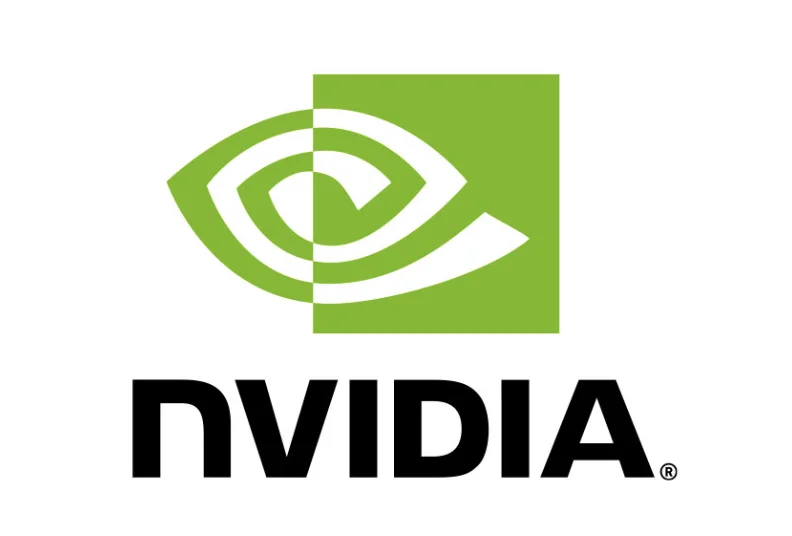IBM’s CEO, Arvind Krishna, believes Washington should make AI developers and misusers accountable for any damages arising from the technology, as he expressed in a recent discussion.
“Two thousand years of economic history have shown us that if you are legally liable for what you create, it tends to create a lot more accountability,” he said in an interview with POLITICO Tech.
Held Responsible
Contrary to many industry peers advocating for minimal regulations, Krishna emphasizes the need to ensure AI developers are held responsible for system shortcomings leading to tangible damages which “doesn’t probably make me very popular amongst everybody,” he said. “But I think that people are realizing that the moment you’re talking about critical infrastructure and critical use cases, the bar to go get [AI] deployed increases.”
Furthermore, businesses employing AI shouldn’t escape accountability for their technology’s adverse impacts. Krishna emphasizes that AI should not enjoy broad legal shields akin to early internet platforms. Instead, AI developers should face legal repercussions, fostering the development of safer systems that respect existing laws. He recently communicated this perspective on stricter oversight in Washington alongside other tech giants.
Rules of Accountability
“We can have a voice” but ultimately it is lawmakers who must write the rules, said Krishna. “Congress and the federal government are the owners of that. And that’s why we are encouraging them to think about what are the rules for accountability.”
Even though IBM’s AI models are tailored for businesses, making them less publicly accessible, Krishna acknowledges potential legal risks for IBM. However, he didn’t specify how this accountability might be enforced. He’s against the idea of licensure for AI development and opposes granting AI developers and users overarching legal immunity. To address concerns over copyright infringements with generative AI, IBM has decided to legally support clients who unintentionally infringe upon intellectual property rights, a move mirroring Microsoft’s stance on the issue.
“I do believe that that will accelerate the market, and I do believe that it sets a precedent,” Krishna said. “We urge that everybody should be accountable. Now, we can debate how do you make people accountable.”






